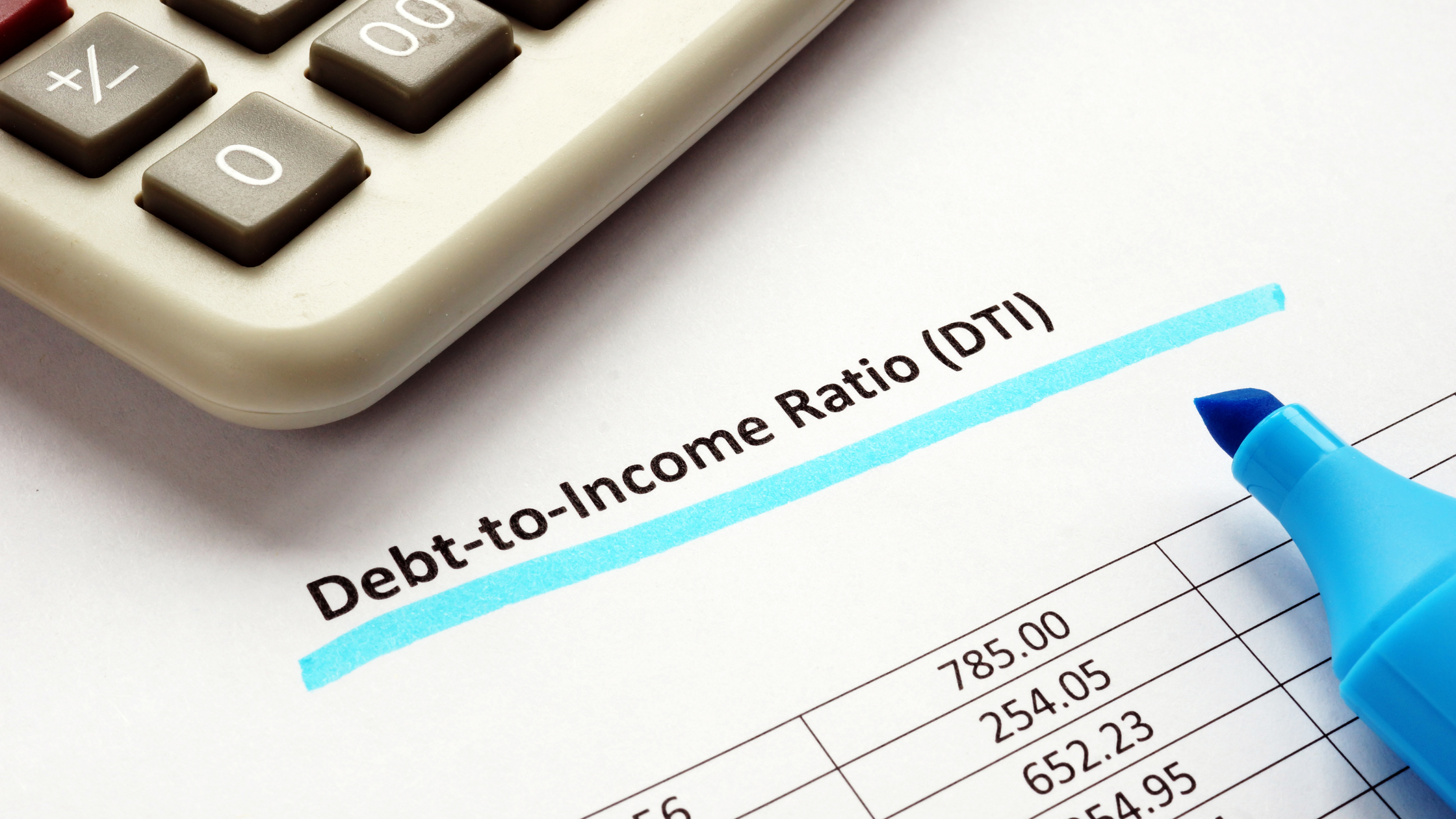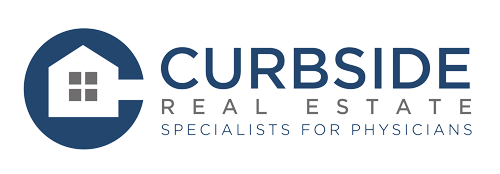Decoding the Impact of Debt-to-Income Ratio on Physician Home Loans

When it comes to securing home loans, physicians often find themselves facing unique challenges. With typically high levels of student loan debt, this demographic may initially struggle to secure advantageous lending terms. One of the key metrics lenders consider during the loan approval process is the Debt-to-Income ratio (DTI). Understanding its role in influencing the conditions of your physician home loan is crucial for successful borrowing.
What is Debt-to-Income Ratio?
DTI is a percentage that lenders calculate by dividing your total monthly debt payments by your gross monthly income. It helps lenders determine your ability to manage and repay your debts. A lower DTI indicates that you have a good balance between debt and income, which lenders interpret as less risk.
Impact of DTI on Physician Home Loans
Physician home loans, also known as doctor loans, are specifically designed to accommodate the financial situation of medical professionals. They often offer low to no down payment, do not require private mortgage insurance (PMI), and are more lenient when it comes to DTI and credit scores.
Even so, your DTI plays a significant role in securing these loans:
Loan Approval: While physician home loans are typically more accommodating, a high DTI might still jeopardize your chances of approval. Lenders prefer a DTI below 43% to ensure that borrowers can manage the loan repayments effectively.
Interest Rates: A lower DTI can lead to better interest rates. Lenders may offer more competitive rates to borrowers with a lower DTI as they pose less risk.
Borrowing Limits: Your DTI may influence the maximum amount you can borrow. A lower DTI often means you can afford a larger loan.
Improving Your DTI
Improving your DTI can increase your chances of securing a physician home loan with favorable terms. Here are a few strategies:
Increase Your Income: This might seem obvious, but increasing your income through raises, bonuses, or even part-time work can significantly lower your DTI.
Pay Down Debts: Aim to reduce your outstanding debts as quickly as possible. This directly lowers your DTI and improves your overall financial health.
Avoid New Debt: Resist the temptation to take on new debt. New loans or credit cards will increase your monthly debt payments and raise your DTI.
Refinance Existing Loans: Refinancing loans, especially high-interest ones, can reduce your monthly payments and subsequently lower your DTI.
Understanding the impact of your debt-to-income ratio on physician home loans can equip you with the necessary insights to secure a loan that matches your financial needs. You can read more about the intricacies of the debt-to-income ratio on the Consumer Financial Protection Bureau’s website.By controlling your DTI, you position yourself as a less risky borrower, opening the doors to better loan terms and a smoother path to homeownership.
Ready to take the next step towards a home loan that suits your unique needs as a physician or have questions about the process? Contact Curbside today and our team will guide you in making your dream home a reality.
